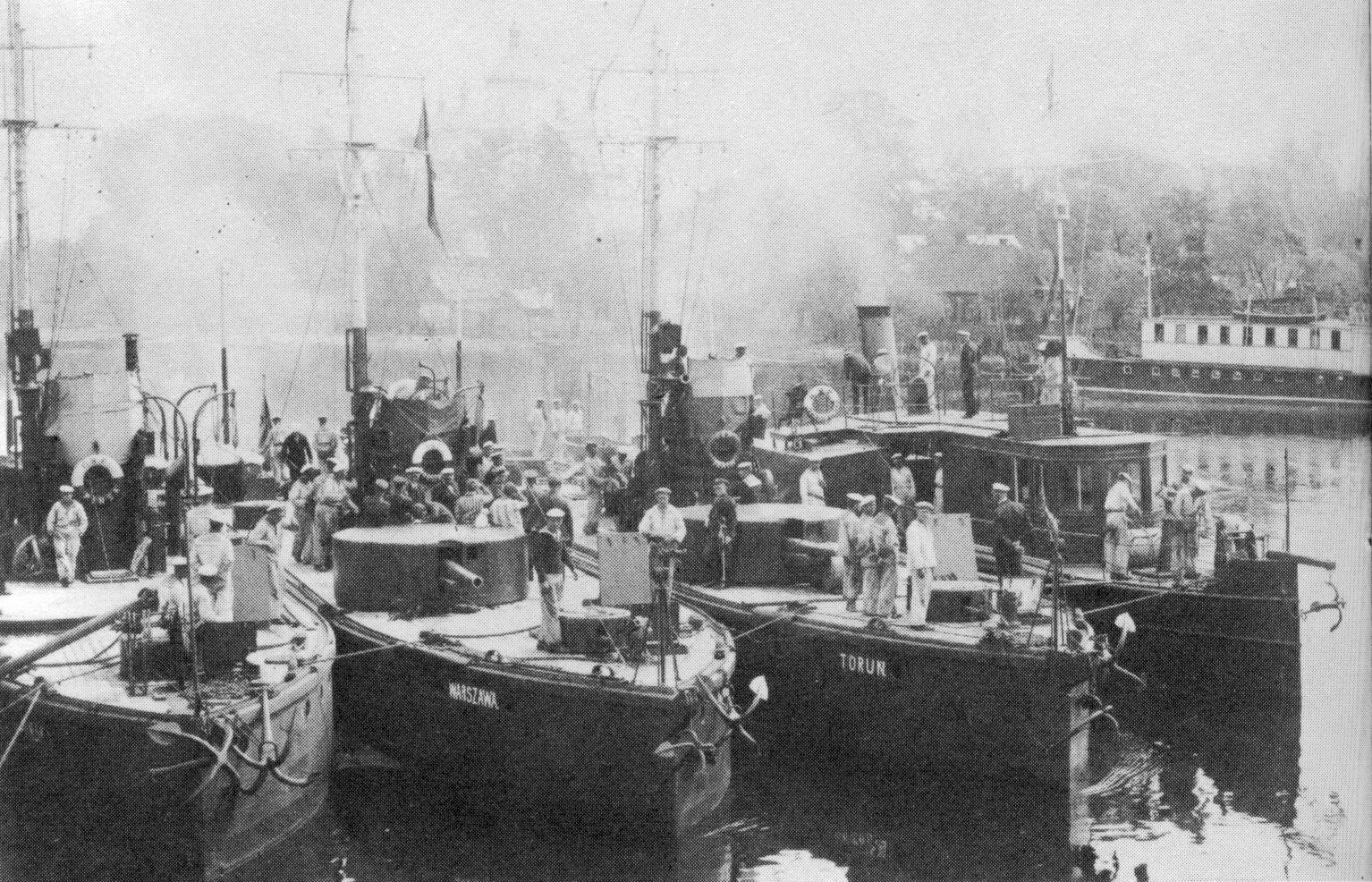|
Leo Garoshka
Archimandrite Leo Haroshka, MIC (born Leŭ Jurjevič Haroška, be, Леў Юр’евіч Гарошка, russian: Лев Юрьевич Горошко; 26 February 1911, the village of Traščycy, Hrodna Province, Russian Empire (nowadays Karelichy District Hrodna Region, Belarus) - 8 August 1977, Paris, France) was a Belarusian Catholic priest of the Byzantine rite, religious and social activist, researcher of the history of religion in Belarus and one of the founders of the Francis Skaryna Belarusian Library in London. His pseudonyms are LA Іskra, Anatoí Žmienia, Prakop Cavalieri and others. Early life Father Haroshka was born into a poor Orthodox family with Uniate roots. He studied at the Navahrudak Belarusian school, after in 1936 in the Ukrainian Catholic University, and then went to study in Innsbruck, however, due to insufficient knowledge of the Latin language was not able to continue studies. Already a Catholic, he was ordained in Lviv in 1937, and he serve ... [...More Info...] [...Related Items...] OR: [Wikipedia] [Google] [Baidu] |
Belarus
Belarus,, , ; alternatively and formerly known as Byelorussia (from Russian ). officially the Republic of Belarus,; rus, Республика Беларусь, Respublika Belarus. is a landlocked country in Eastern Europe. It is bordered by Russia to the east and northeast, Ukraine to the south, Poland to the west, and Lithuania and Latvia to the northwest. Covering an area of and with a population of 9.4 million, Belarus is the List of European countries by area, 13th-largest and the List of European countries by population, 20th-most populous country in Europe. The country has a hemiboreal climate and is administratively divided into Regions of Belarus, seven regions. Minsk is the capital and List of cities and largest towns in Belarus, largest city. Until the 20th century, different states at various times controlled the lands of modern-day Belarus, including Kievan Rus', the Principality of Polotsk, the Grand Duchy of Lithuania, the Polish–Lithuanian Commonwealth, and t ... [...More Info...] [...Related Items...] OR: [Wikipedia] [Google] [Baidu] |
Pinsk
Pinsk ( be, Пі́нск; russian: Пи́нск ; Polish: Pińsk; ) is a city located in the Brest Region of Belarus, in the Polesia region, at the confluence of the Pina River and the Pripyat River. The region was known as the Marsh of Pinsk and is southwest of Minsk. The population is 138,415. The historic city has a restored city centre, with two-storey buildings from the 19th and early 20th centuries. The centre has become an active place for youths of all ages with summer theme parks and a new association football stadium, which houses the city's football club, FC Volna Pinsk. History Timeline up to WWI *In the 9th and 10th centuries, the town of Pinsk was majority Lithuanian *1097 – the first mention of Pinsk * 1241 – transfer of the Orthodox diocese from Turov * 1316 – after this date, Pinsk was incorporated into the Grand Duchy of Lithuania * 1396 – a Catholic church and a Franciscan monastery were erected * 1523 – Pinsk becomes a royal city, first owned by ... [...More Info...] [...Related Items...] OR: [Wikipedia] [Google] [Baidu] |
People From Novogrudsky Uyezd
A person ( : people) is a being that has certain capacities or attributes such as reason, morality, consciousness or self-consciousness, and being a part of a culturally established form of social relations such as kinship, ownership of property, or legal responsibility. The defining features of personhood and, consequently, what makes a person count as a person, differ widely among cultures and contexts. In addition to the question of personhood, of what makes a being count as a person to begin with, there are further questions about personal identity and self: both about what makes any particular person that particular person instead of another, and about what makes a person at one time the same person as they were or will be at another time despite any intervening changes. The plural form "people" is often used to refer to an entire nation or ethnic group (as in "a people"), and this was the original meaning of the word; it subsequently acquired its use as a plural form of per ... [...More Info...] [...Related Items...] OR: [Wikipedia] [Google] [Baidu] |
People From Grodno Region
A person ( : people) is a being that has certain capacities or attributes such as reason, morality, consciousness or self-consciousness, and being a part of a culturally established form of social relations such as kinship, ownership of property, or legal responsibility. The defining features of personhood and, consequently, what makes a person count as a person, differ widely among cultures and contexts. In addition to the question of personhood, of what makes a being count as a person to begin with, there are further questions about personal identity and self: both about what makes any particular person that particular person instead of another, and about what makes a person at one time the same person as they were or will be at another time despite any intervening changes. The plural form "people" is often used to refer to an entire nation or ethnic group (as in "a people"), and this was the original meaning of the word; it subsequently acquired its use as a plural form of ... [...More Info...] [...Related Items...] OR: [Wikipedia] [Google] [Baidu] |
Former Belarusian Orthodox Christians
A former is an object, such as a template, gauge or cutting die, which is used to form something such as a boat's hull. Typically, a former gives shape to a structure that may have complex curvature. A former may become an integral part of the finished structure, as in an aircraft fuselage, or it may be removable, being using in the construction process and then discarded or re-used. Aircraft formers Formers are used in the construction of aircraft fuselage, of which a typical fuselage has a series from the nose to the empennage, typically perpendicular to the longitudinal axis of the aircraft. The primary purpose of formers is to establish the shape of the fuselage and reduce the column length of stringers to prevent instability. Formers are typically attached to longerons, which support the skin of the aircraft. The "former-and-longeron" technique (also called stations and stringers) was adopted from boat construction, and was typical of light aircraft built until the ... [...More Info...] [...Related Items...] OR: [Wikipedia] [Google] [Baidu] |
Converts To Eastern Catholicism From Eastern Orthodoxy
Religious conversion is the adoption of a set of beliefs identified with one particular religious denomination to the exclusion of others. Thus "religious conversion" would describe the abandoning of adherence to one denomination and affiliating with another. This might be from one to another denomination within the same religion, for example, from Baptist to Catholic Christianity or from Sunni Islam to Shi’a Islam. In some cases, religious conversion "marks a transformation of religious identity and is symbolized by special rituals". People convert to a different religion for various reasons, including active conversion by free choice due to a change in beliefs, secondary conversion, deathbed conversion, conversion for convenience, marital conversion, and forced conversion. Proselytism is the act of attempting to convert by persuasion another individual from a different religion or belief system. Apostate is a term used by members of a religion or denomination to refer to so ... [...More Info...] [...Related Items...] OR: [Wikipedia] [Google] [Baidu] |
Belarusian Eastern Catholic Priests
Belarusian may refer to: * Something of, or related to Belarus * Belarusians, people from Belarus, or of Belarusian descent * A citizen of Belarus, see Demographics of Belarus * Belarusian language * Belarusian culture * Belarusian cuisine * Byelorussian Soviet Socialist Republic See also * * Belorussky (other) Belorussky (masculine), Belorusskaya (feminine), or Belorusskoye (neuter) may refer to: *Belorussky Rail Terminal, a rail terminal in Moscow, Russia *Belorussky (settlement), a settlement in Pskov Oblast, Russia *Belorusskaya-Koltsevaya, a station o ... {{disambig Language and nationality disambiguation pages ... [...More Info...] [...Related Items...] OR: [Wikipedia] [Google] [Baidu] |
Vatican Radio
Vatican Radio ( it, Radio Vaticana; la, Statio Radiophonica Vaticana) is the official broadcasting service of Vatican City. Established in 1931 by Guglielmo Marconi, today its programs are offered in 47 languages, and are sent out on short wave, DRM, medium wave, FM, satellite and the Internet. Since its inception, Vatican Radio has been maintained by the Jesuit Order. Vatican Radio preserved its independence during the rise of Fascist Italy and Nazi Germany. Today, programming is produced by over 200 journalists located in 61 countries. Vatican Radio produces more than 42,000 hours of simultaneous broadcasting covering international news, religious celebrations, in-depth programs, and music. The current general director is Father Federico Lombardi, S.J. On 27 June 2015, Pope Francis, in a ''motu proprio'' apostolic letter, established the Secretariat for Communications in the Roman Curia, which absorbed Vatican Radio effective 1 January 2017, ending the organization's 85 y ... [...More Info...] [...Related Items...] OR: [Wikipedia] [Google] [Baidu] |
Association Of Belarusians In Great Britain
The Association of Belarusians in Great Britain ( be, Згуртаваньне беларусаў у Вялікай Брытаніі, ''Zhurtavańnie bielarusaŭ u Vialikaj Brytanii'') is the oldest Belarusian organisation in the United Kingdom uniting members of the Belarusian diaspora since the late 1940s until the present day. History After the end of World War II, several thousand ethnic Belarusians landed in Britain. Most of these people were former soldiers of the Polish Anders Army. Some of them were stationed in Britain during the war (1st Polish corps), with the bulk arriving from Italy with the 2nd Polish corps. The ranks were further swelled by arrival of so-called ‘displaced persons’ who found themselves outside Belarus during the war. In 1946 the Association of Belarusians in Great Britain was established, with Dr. Vincent Žuk-Hryškievič as its chair. It soon became a “well-established and growing organisation”. The organisation had branches in London ... [...More Info...] [...Related Items...] OR: [Wikipedia] [Google] [Baidu] |
United Kingdom
The United Kingdom of Great Britain and Northern Ireland, commonly known as the United Kingdom (UK) or Britain, is a country in Europe, off the north-western coast of the continental mainland. It comprises England, Scotland, Wales and Northern Ireland. The United Kingdom includes the island of Great Britain, the north-eastern part of the island of Ireland, and many smaller islands within the British Isles. Northern Ireland shares a land border with the Republic of Ireland; otherwise, the United Kingdom is surrounded by the Atlantic Ocean, the North Sea, the English Channel, the Celtic Sea and the Irish Sea. The total area of the United Kingdom is , with an estimated 2020 population of more than 67 million people. The United Kingdom has evolved from a series of annexations, unions and separations of constituent countries over several hundred years. The Treaty of Union between the Kingdom of England (which included Wales, annexed in 1542) and the Kingdom of Scotland in 170 ... [...More Info...] [...Related Items...] OR: [Wikipedia] [Google] [Baidu] |
Ceslaus Sipovich
Ceslaus Sipovich ( be, Чэслаў Сіповіч, Łacinka: Česłaǔ Sipovič) (December 8, 1914 – October 4, 1981) was a bishop of the Belarusian Greek Catholic Church and a notable Belarusian émigré social and religious leader. Early life Bishop Sipovich was born on 8 December 1914 into a large farming family in the village of Dziedzinka, Braslau District, Kovno Province of the Russian Empire (nowadays Mijory District, Viciebsk Region of Belarus). He felt a priesthood vocation from an early age while attending catholic school in Druja. In 1935 Sipovich went to Vilnius University to read Philosophy and Theology followed by studies at the Pontifical Greek College in Rome between 1938-1942. In 1940 he was ordained a priest in the Greek-Catholic rite. In 1946 he obtained his doctorate from the Pontifical Oriental Institute. Later life in Britain In 1947 Sipovich moved to Great Britain to serve the spiritual needs of thousands of ethnic Belarusians (mainly former sol ... [...More Info...] [...Related Items...] OR: [Wikipedia] [Google] [Baidu] |


_1938.jpg)

.jpg)

